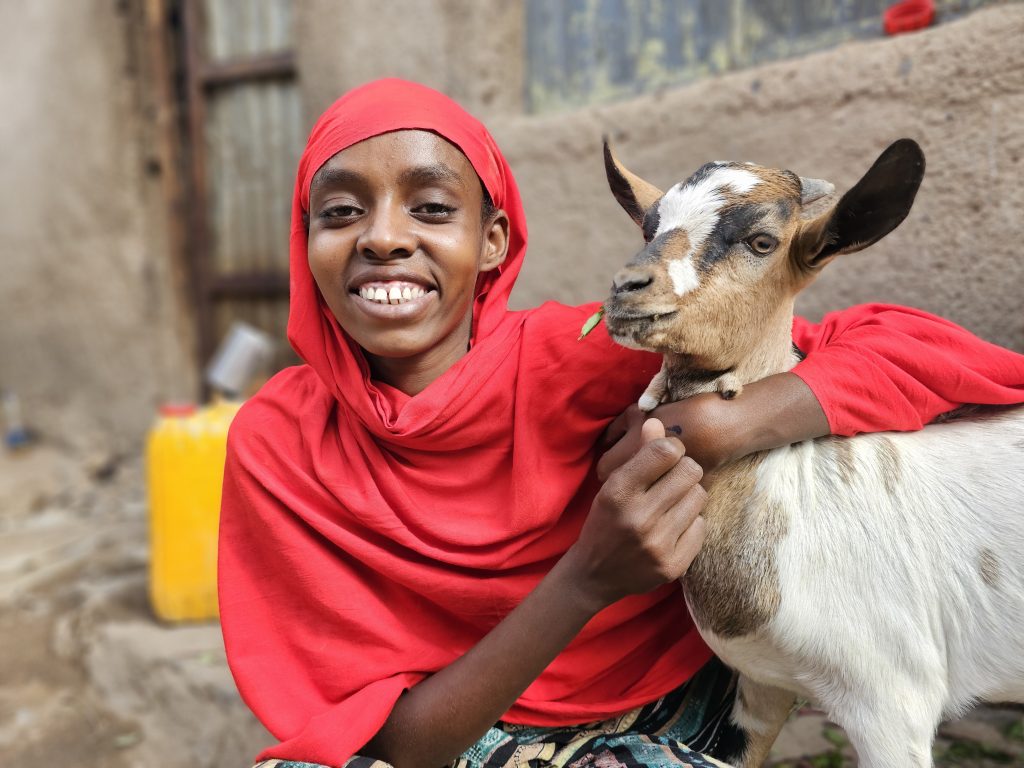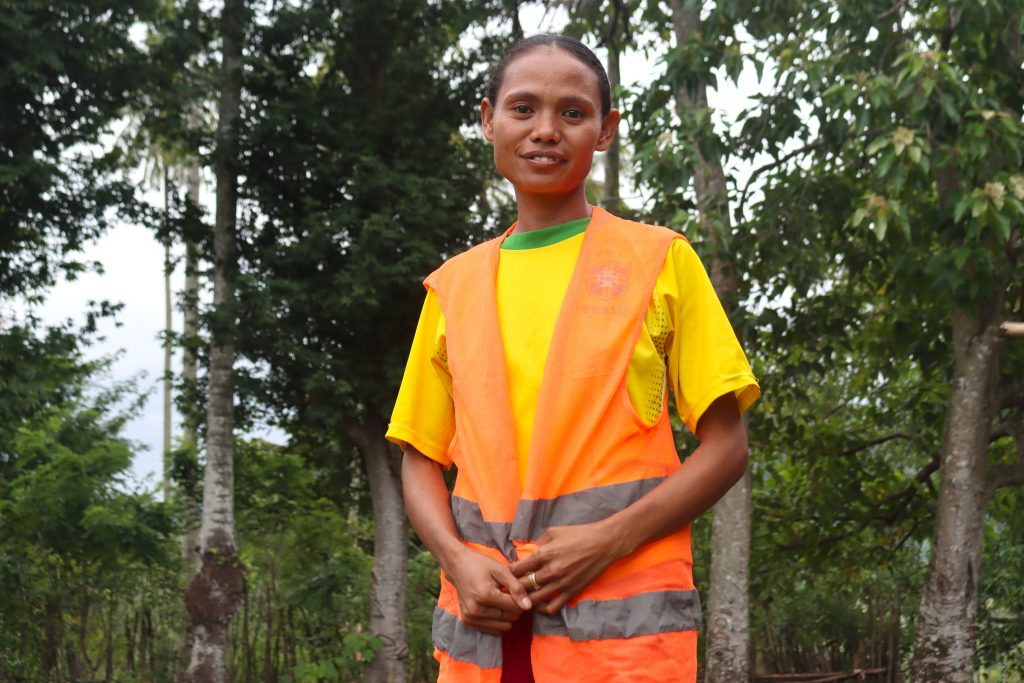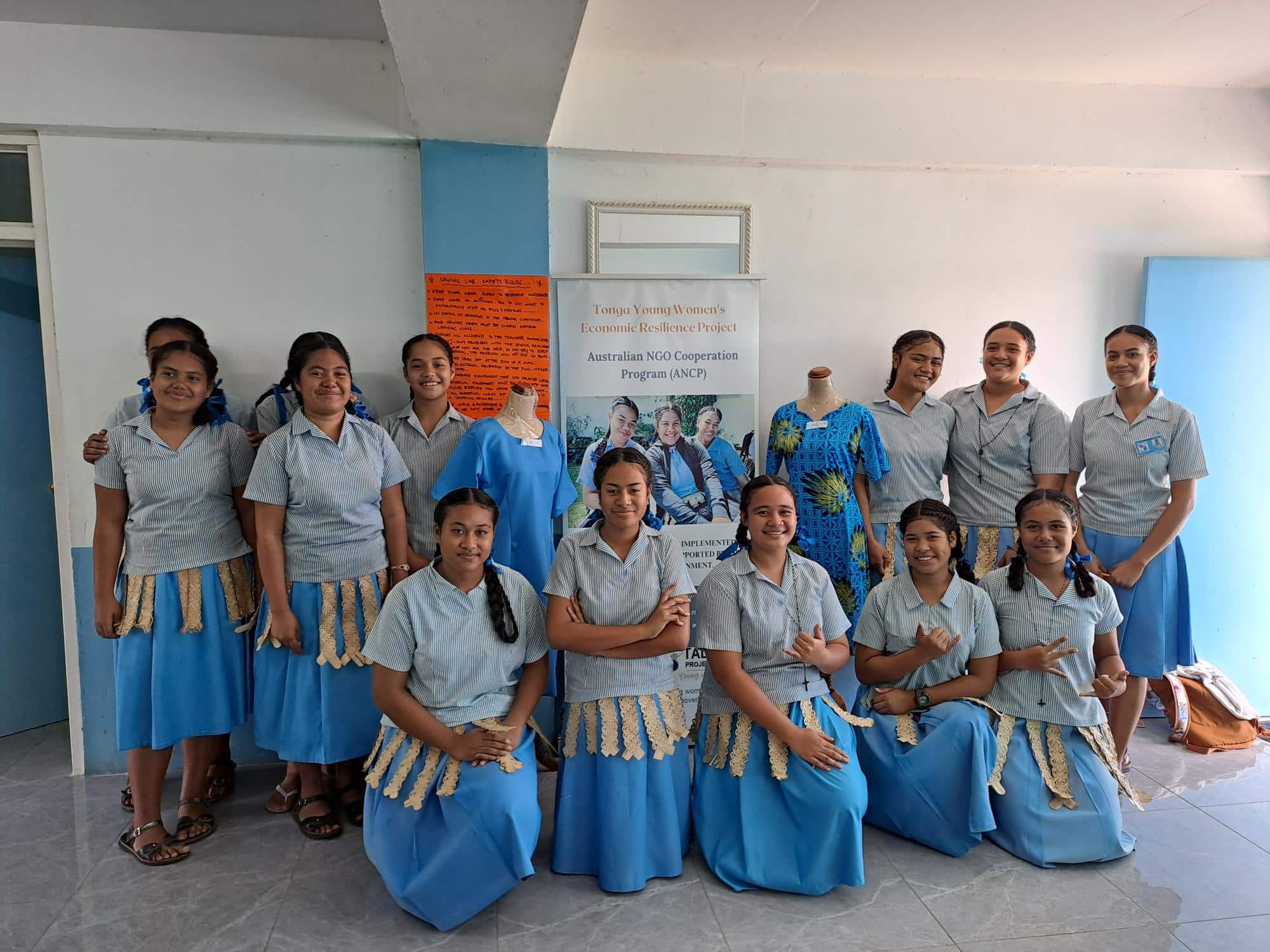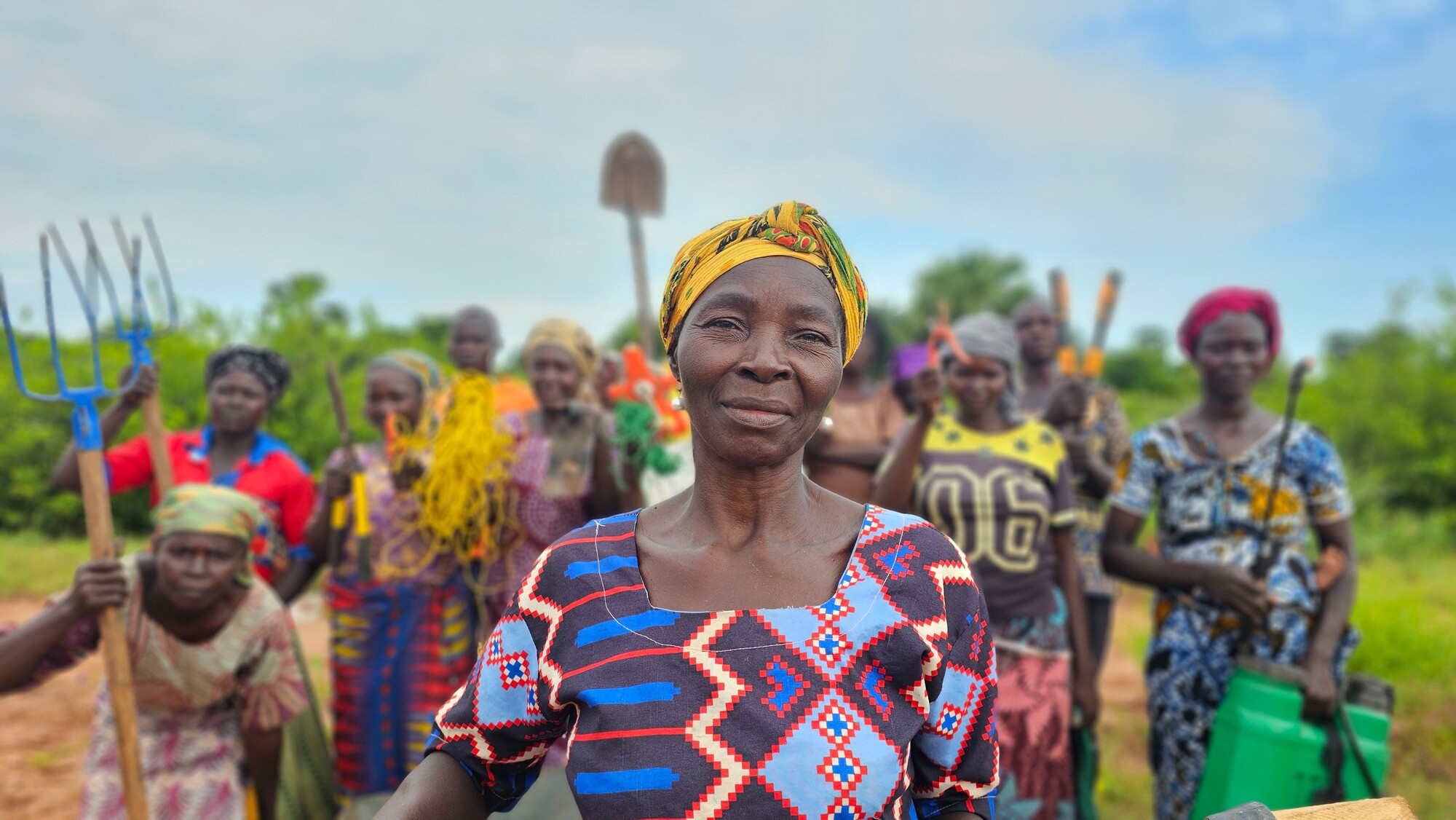Building a world where women and girls are equal.
We cannot eradicate poverty while inequality persists. Discrimination harms and disadvantages women and girls. Discrimination fuels food insecurity, safety risks, and exclusion from life-saving services and opportunities. It weakens global security, development, the economy, food security, health, climate, and the environment.
And yet, women have demonstrated many times over that they are the strongest agents of change. When women and girls lead and make decisions, they drive the changes needed to end poverty and inequality.

CARE builds a world where women and girls are equal through:
- Building women and girls’ knowledge, skills,
confidence and aspirations - Supporting women to change unequal relationships
that are holding women and girls back - Supporting women to create an environment where
women and girls can thrive by driving progressive
laws, policies, cultures and values that support
equality
Fast Facts
More than 60% of the world’s hungry are women and girls, at the same time, women and girls disproportionately bear the burden of meeting their families’ food and care needs.
Globally, one in three women has experienced physical and/or sexual violence, most often at the hands of an intimate partner.
Women in paid jobs globally, only make 77 cents for every dollar earned by men.
Impact stories
Umbelina in Timor-Leste
Umbelina is a member of the local Suco (village) Disaster Management Committee (SDMC) in rural Viqueque in Timor-Leste. In her community, steep slopes and tall trees surrounding the area have made the local villagers vulnerable to the effects of extreme weather events. Amid this, Umbelina notices that women and girls in her community are often severely impacted.
“Women in labour would suffer the most during rainy seasons. Road paths would be destroyed, and when women are due to give birth, it was difficult for the ambulance to reach our location to take them to a nearby health facility”, says Umbelina.
Umbelina’s opportunity to influence change came about when she joined the SDMC, formed and regularly convened with the support from the Disaster READY project. With her involvement in the project, she regularly participates in leadership training that boosts her confidence to advocate for meeting women and girls’ needs in municipal disaster preparedness and risk reduction initiatives.
Now that she is aware of the impact she has on her community, she is actively encouraging other women to participate in local decision-making processes to accomplish one common goal; reducing the detrimental impact disasters have on women and girls.
*Disaster READY is supported by the Government of Australia and has a focus on ensuring vulnerable groups are represented and heard in disaster preparedness, management, and risk reduction activities.

The Talitha Project in Tonga
In Tonga, CARE partners with Talitha Project to equip adolescent girls to contribute to a resilient economy and society.
The Tonga Young Women’s Economic Resilience (TYWER) project is being piloted in three locations – two communities on the main island of Tongatapu and St Joseph’s Community College in Ha’apai. The Talitha Project team have adapted the Village Savings and Loans (VSLA) approach specifically for adolescent girls in Tonga. This includes engaging with community leaders and families, providing life skills trainings to girls to boost self-esteem and confidence, training on financial literacy and management, and support for them to establish income generating activities, which will contribute towards the girls’ and their families’ long-term goals.

I am thankful to be part of TYWER. I enjoy learning about financial literacy, how to budget and save. I am able to manage my money wisely for my ‘needs’ not my ‘wants’. Before, every time I got my hands on money I would spend it on junk food. I should have saved that money for something more useful. This program helps us young girls to set goals and manage finances responsibly to achieve those goals.
– says Siutiti, TYWER project participant.
The Talitha Project installed a sewing hub at St Joseph’s to support girls’ livelihoods and income generation skills. The sewing hub was launched by Bishop of the Catholic Diocese of Tonga and Niue, His Eminence Soane Patita Paini Cardinal Mafi. Fifteen students are taking part in this initiative learning financial literacy, including how to set up savings and leverage loans to improve income generation. Talitha Project is working towards having the sewing club’s training recognised as part of the Level 1 curriculum, which would enable students to stay longer in their home community before moving to the main island for further studies.
Photos: © Sarah Easter/CARE, © Jannatul Mawa/CARE, © Sylvio Fonseca/CARE and © Emily Ellis/CARE.

